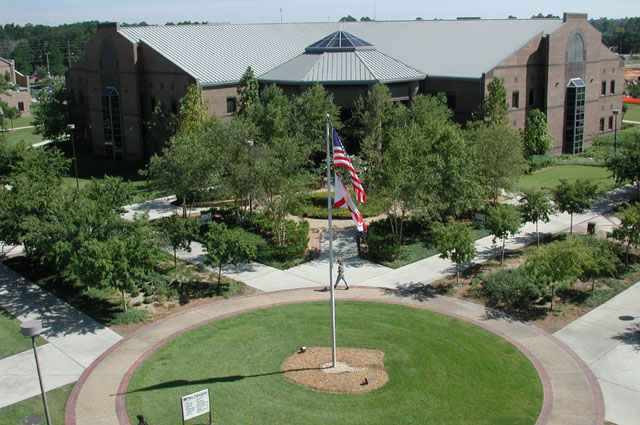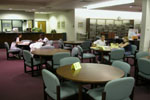5 Ways for College Students to Earn Money Over Winter Break
 |
Students could get paid for
taking down holiday
decorations.
|
5 Ways for College Students to Earn Money Over Winter Break
Still, finding a job over winter break can be a challenge. Breaks often are not quite long enough for that.
Here are some ways that college students can stay busy and earn a little cash while home from school.
1. Previous employment: While the break might not be long enough to start a job application from scratch, your student's former employers are already familiar with his or her character and work ethic, so a formal application may not be necessary.
Your student has the added advantage of already being trained, so a quick refresher is all that stands in the way of hitting the ground running. It is definitely worth having your child make a quick call to former employers to see if there are some hours to be had over break.
[Find out why the holidays are a good time to look for a job.]
2. Babysitting: This can be lucrative work, even for college kids. And holiday social events and regular daycare providers taking vacation means that there is a need to fill as well.
If your child is good with kids and enjoys them, he or she should be able to fill the calendar with babysitting dates over the break.
3. . Christmas light removal: Taking down decorations from the holidays is never quite as fun as putting them up was. A college kid with a ladder and some flyers should be able to pick up a few bucks taking down lights and other seasonal décor.
[Explore other ways to make money over winter break.]
1. Holiday retail: Although the holidays are a stressful time for retail employees, they can also be the best time to earn holiday money. Lots of retail stores are looking for extra help around this time of year and, if nothing else, a job will be a conversation piece for your résumé.
Hit a mall or shopping center and ask around at your favorite stores, or just ask your friends if they've heard of anyone hiring temporarily.
2. Pet sitting or house sitting: My mom mentioned babysitting above, but another option for students is pet sitting or house sitting for neighbors or friends.
Lots of families go out of town for at least a few days over the holidays. If your family is staying in town, this may be the perfect job for you.
http://www.usnews.com/education/blogs/twice-the-college-advice/2012/12/18/5-ways-for-college-students-to-earn-money-over-winter-break
























